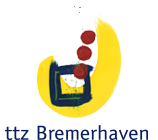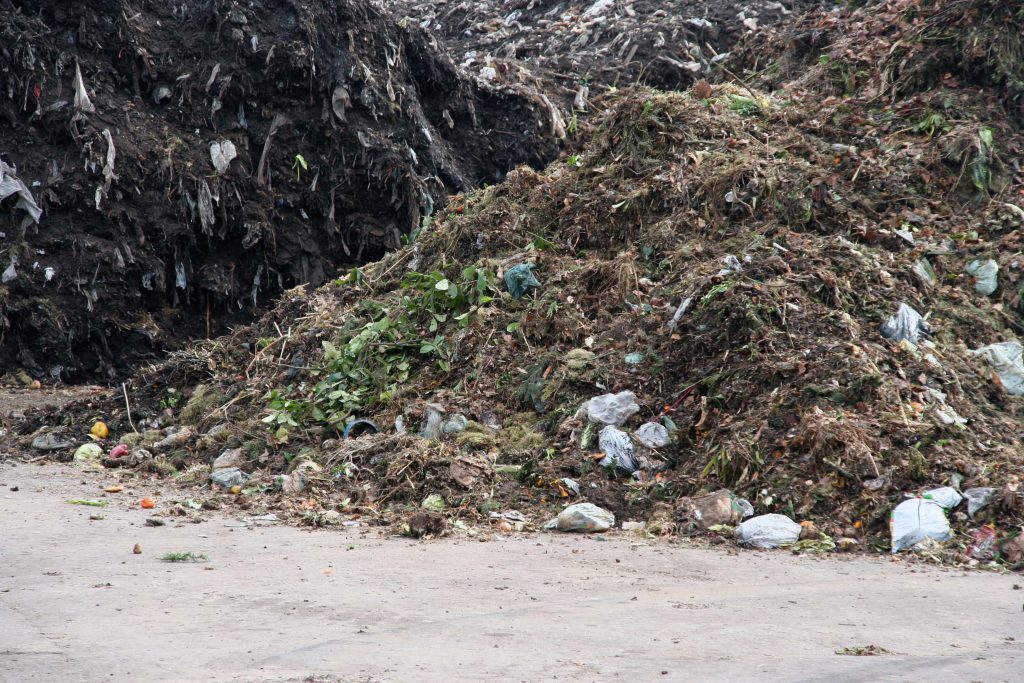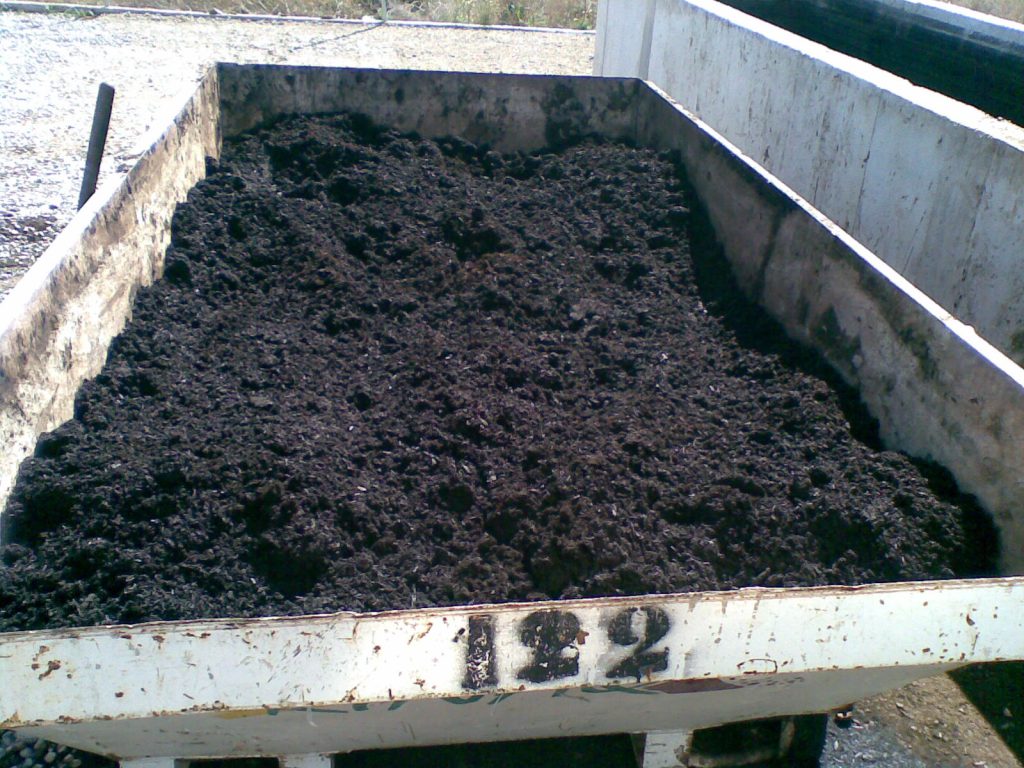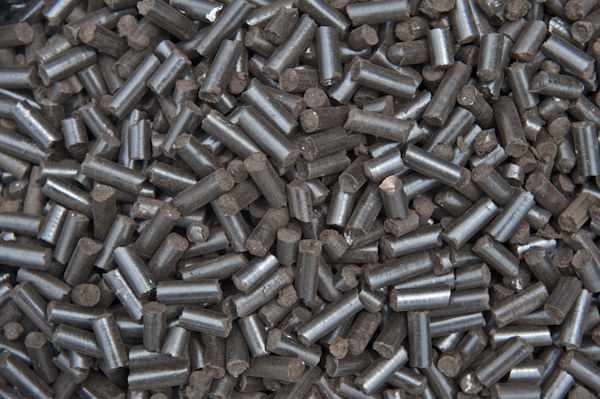EU-Research Project “NewApp” focusses on application of HTC process
A new research project supported by the European Union with the intention to find new applications for wet biomass waste materials has successfully been started. Eight project-partners from four different EU-countries are going to work together on the “NewApp”-project for the next 30 months. The project focusses on the application of the HTC process with which wet biomass waste can be transformed into coal-like products.
Bremerhaven, December 2013. Among the participants are research facilities and industry experts from associations and companies: The Brussels-based EUBIA (European Biomass Industry Association) coordinates the consortium of the Spanish National Research Council (CSIC, Spain), the Association of cities and regions for recycling and sustainable resource management (ACR+, Belgium), the Federal Association of Secondary Raw Materials and Waste Management (bvse, Germany), the Technical University of Denmark, Ingelia S.L (Spain), Terra Preta (TP, Germany) and ttz Bremerhaven (Germany).
According to the project group, about 120 to 140 million tons of biomass waste, i.e. wet agricultural residues, wet municipal waste such as foliage, grass or food waste, are produced every year in the EU. 67 % of the materials are incinerated or landfilled; only minor amounts are composted, digested anaerobically or used as animal fodder. “The wet biomass waste streams are abundantly available but intelligent processes to handle them hardly exist. These materials are a valuable resource which can be transformed into products with benefits for waste management, different industries and renewable energies. It is our aim to divert them from landfill and use them in a resource-efficient way”, Andrea Salimbeni (EUBIA) explains.
NewApp considers HTC (hydrothermal carbonisation) a cost- and resource-efficient as well as environmentally sound way to reduce waste and substitute primary fuels at the same time. In an HTC process, biomass is exposed to moderate temperatures and pressures in the presence of water and thereby converted into two main products: a coal-like product (HTC carbon) and a water phase rich in plant nutrients.
During the next 2.5 years, NewApp will start by treating five wet biomass waste streams in Ingelia’s HTC plant and then focus on developing a new technical utilization pathway for turning bio waste into high value products. The group will be explore what different products can be obtained from the selected waste streams after the HTC process, develop quality and safety standards and techniques for HTC products. Possible applications of the HTC products are fuel, activated carbons for water treatment, soil remediation or carbon sequestration schemes. Business plans for promising scenarios will be prepared.
The project is part of the 7th Framework Programme of the European Union. The budget consists of approximately 2.58 Mio Euro with a EU-contribution of approximately 1.76 Mio. Euro. (Source: bvse / EU-Research Project “NEWAPP”)
For further questions:
- EUBIA- European Biomass Industry Association, Andrea Salimbeni, andrea.salimbeni@eubia.org
- ttz Bremerhaven, Bárbara De Mena Pardo, bdemena@ttz-bremerhaven.de
Download with right mouse button: “Save as…”
ttz Bremerhaven regards itself as an innovative provider of research services and operates in the field of application-oriented research and development. Under the umbrella of ttz Bremerhaven, an international team of experts is working in the areas of food, environment, health and consulting services.








